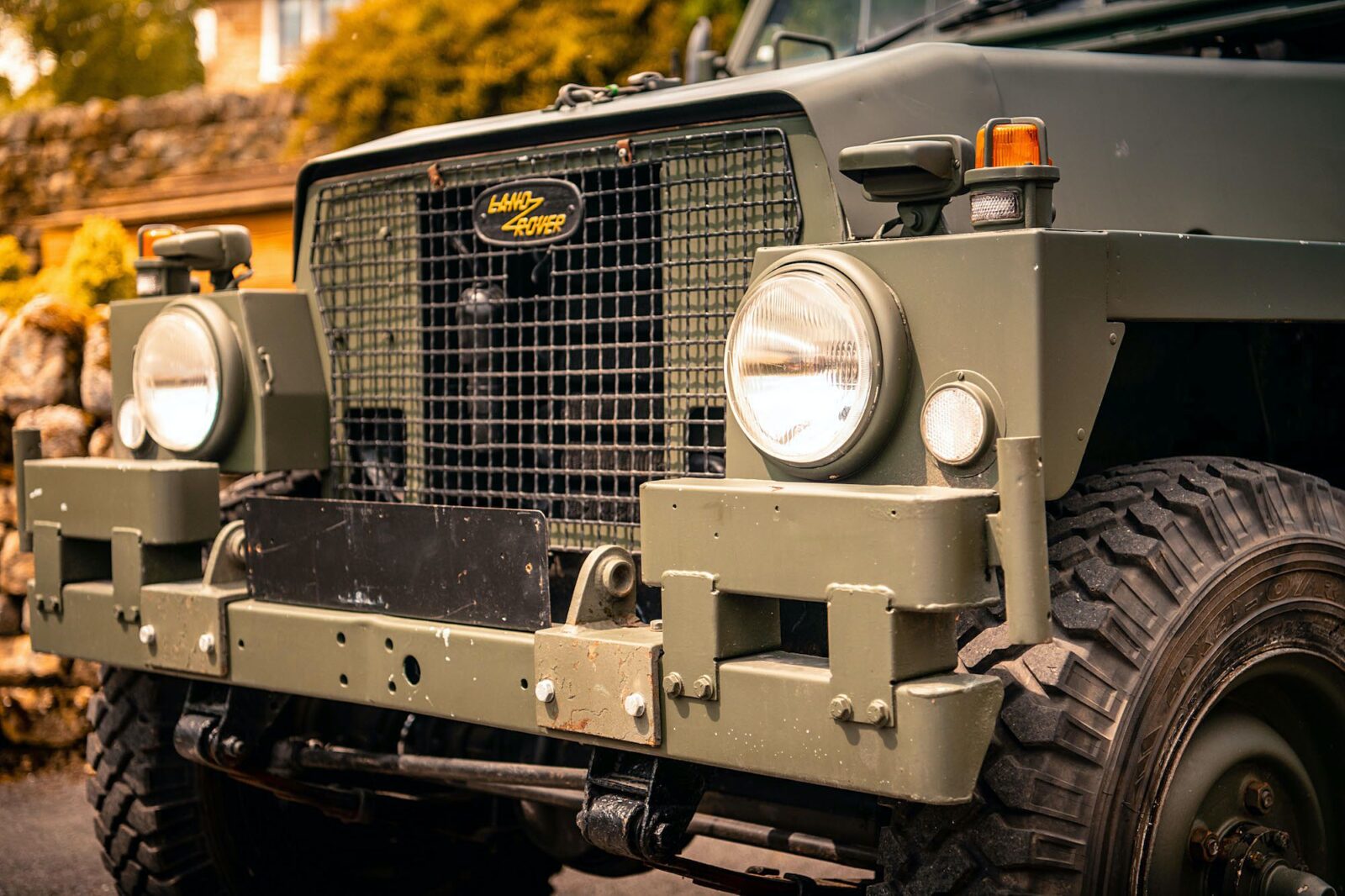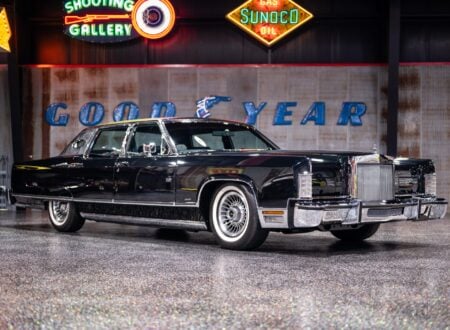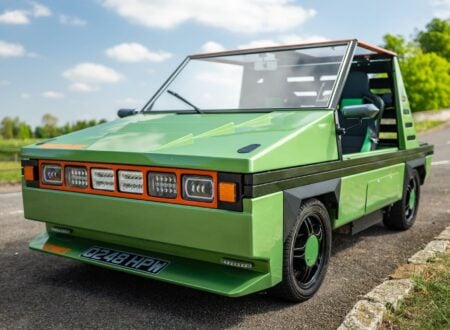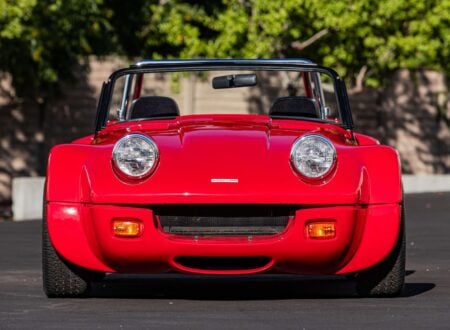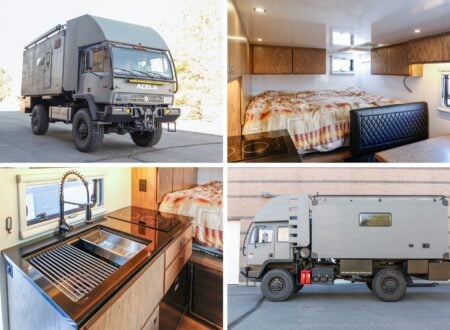The Land Rover Lightweight 1/2 Ton, also known as the Airportable, was a special version of the Series 2A and subsequently the Series 3 Land Rover that was modified by the factory for military deployment by air.
A Quick History Of The Land Rover Lightweight
The unusual looks of the Lightweight were dictated by the military requirements that led to its creation: it needed to have quickly removable body panels and it needed to be as lightweight as possible for air transport. The vehicle also needed a narrowed track width to fit on a shipping pallet so that they could fit two side-by-side in the Argosy transport aircraft.
Engineers at Land Rover began the project back in the mid-1960s using a standard civilian Series 2A as their starting point. Much of the original body was removed, the chassis and axles were narrowed by 4 inches, and any parts deemed superfluous were left out to keep weight down.
The upper weight limit for the new Lightweight was 2,500 lbs (1,134 kgs), as this was the maximum payload of the Westland Wessex helicopter which was in widespread use by the British MoD at the time. When Land Rover had finished building the new modified version it tipped the scales at 2,650 lbs (1,202 kgs), exactly 150 lbs too heavy.
These numbers are perhaps a little misleading though, as the Series 2A Lightweight could have over 150 lbs worth of body panels and parts quickly removed for air transport, which would the be sent separately to the destination.
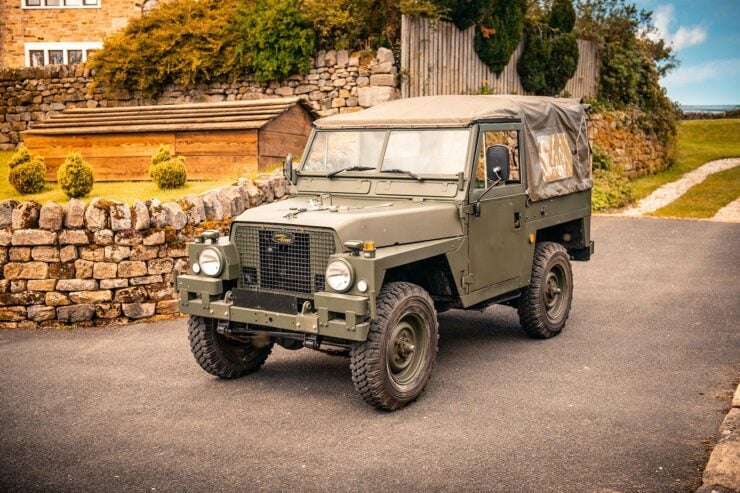
Above Image: All of the major body panels on the Lightweight, or Airportable, are quickly removable for air transport.
Land Rover began quantity production of the Lightweight in 1968 with each of the three branches of the British armed forces receiving them, though the Army was by far the largest recipient.
Interestingly, by the time the Lightweight was put into service the British military had newer helicopters with higher carrying capabilities, and even then the vehicles were rarely deployed by helicopter.
The ability of the Lightweight to be loaded onto palettes and rolled two abreast into the cargo bay of the Argosy transport aircraft proved its pièce de résistance, and the vehicles were frequently transported this way.
A number of special versions of the Lightweight were developed over the course of its 1968 to 1984 production run including the Royal Marine Deep Wading Lightweight that could be driven off of landing craft into the ocean and up onto a beach thanks to its snorkel and special water-proofing.
Other interesting versions included the armored VPK Lightweight, it was also offered as an emergency ambulance, an anti-tank vehicle, and the more powerful “Big Lightweight” or “Bonnettea” a 3/4 ton prototype designed for pulling power-driven trailers, though sadly it never reached production.
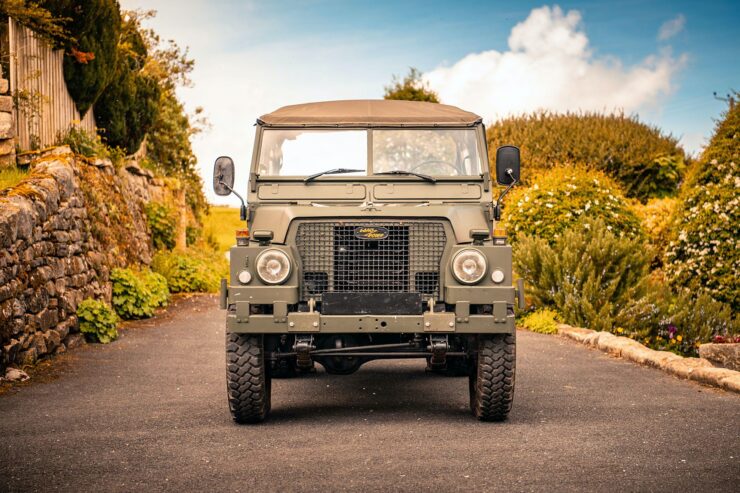
Above Image: The Lightweight has a reduced track width of 4″ to ensure they can fit on a pallet, which means they can be loaded side-by-side into the fuselage of military transport aircraft.
Between 1968 and 1984 Land Rover built 37,897 Lightweights, including both petrol and diesel engined models, and the last one retired from service appeared for sale back in 2009.
Today the surviving Lightweights are in civilian hands where they make exceedingly popular collector vehicles due to their unique looks, unusual history, and their narrowed track width that makes them ideal for certain kinds of off-roading.
The 1977 Land Rover Lightweight Series 3 Shown Here
The vehicle you see here is a 1977 Series 3 example of the Lightweight that was originally delivered to the Dutch military. Most of the Lightweights were built as petrol models, and this is one of the less common 2.5 liter diesel examples.
The listing explains that it remains in its original service specification and in good order for its age, and it’s been imported to the UK with a NOVA clearance certificate on file. It still has its original engine, gearbox, and axles in place, it has the military-specific 24-volt electrical system, and a British Motor Industry Heritage Trust certificate comes with the vehicle to showcase its originality.
If you’d like to read more about this unusual Airportable or bid on it you can click here to visit the listing on Collecting Cars. It’s being auctioned live at the time of writing with the bidding sitting at £2,100 ($2,920 USD) with four days remaining.
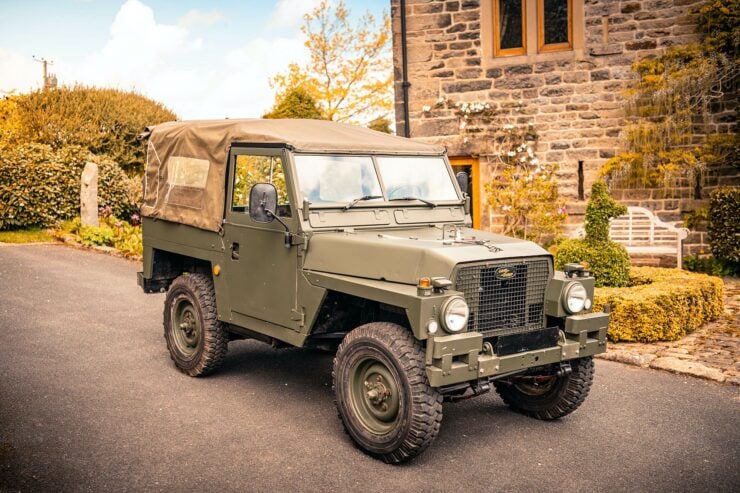
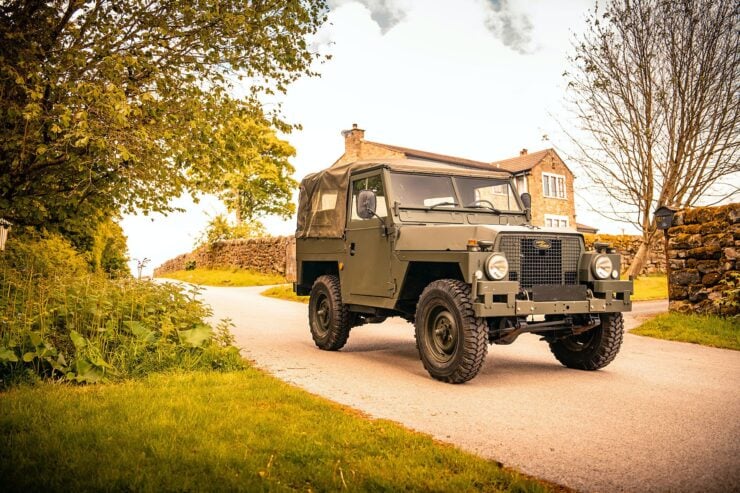
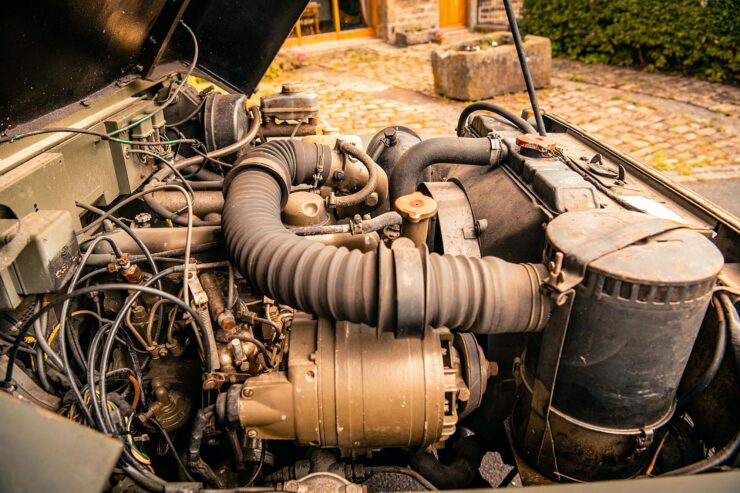
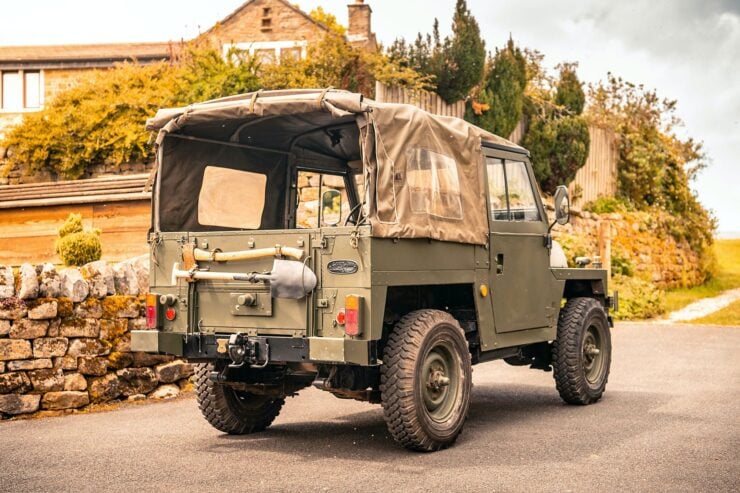
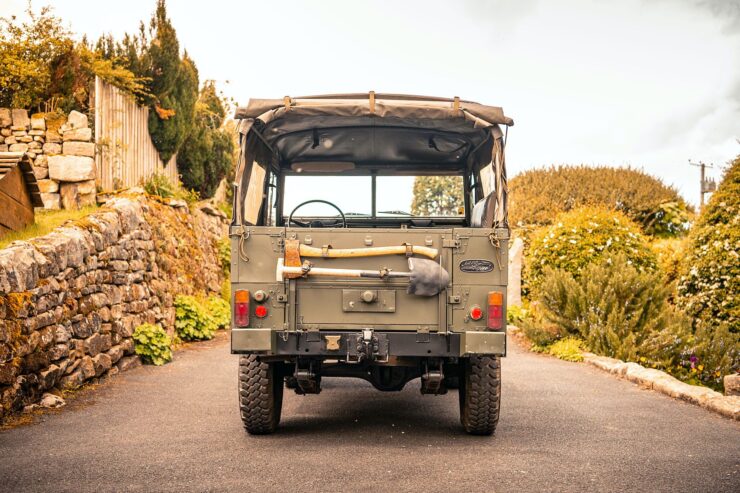
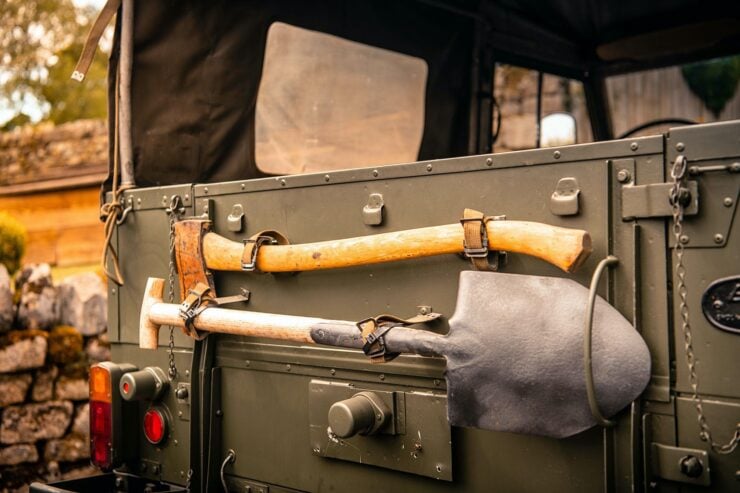
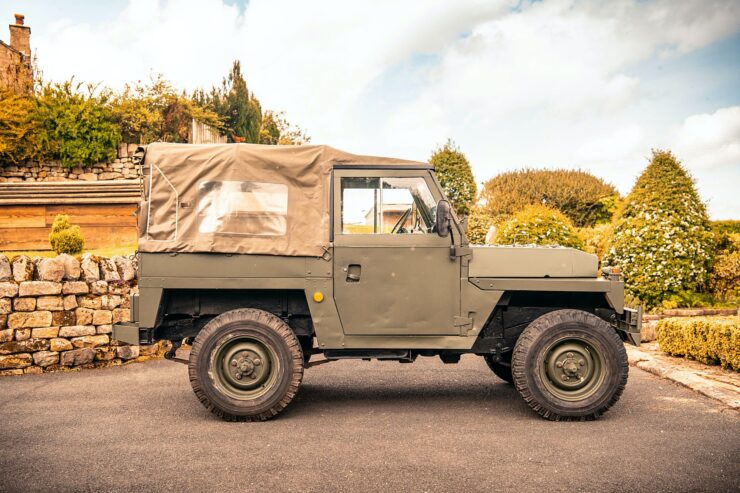
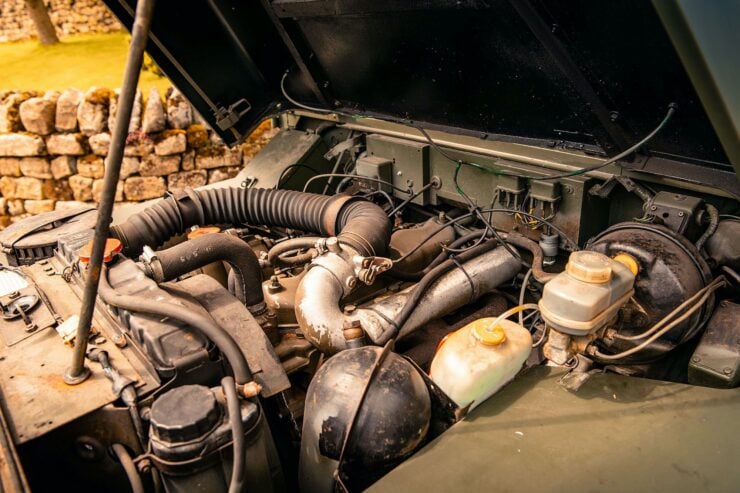
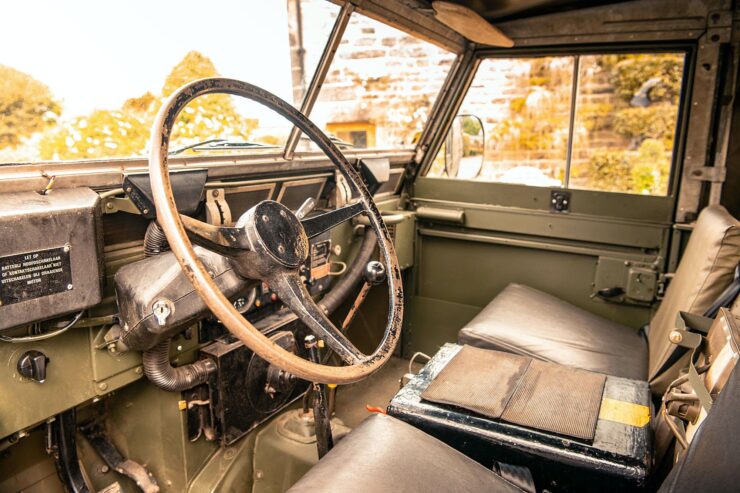
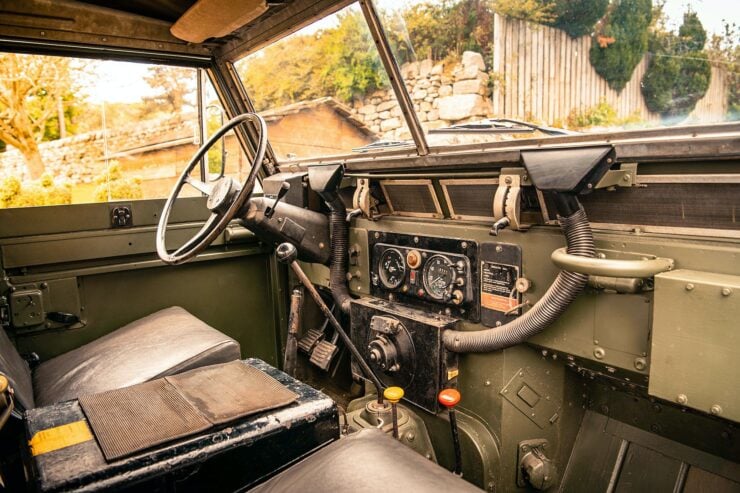
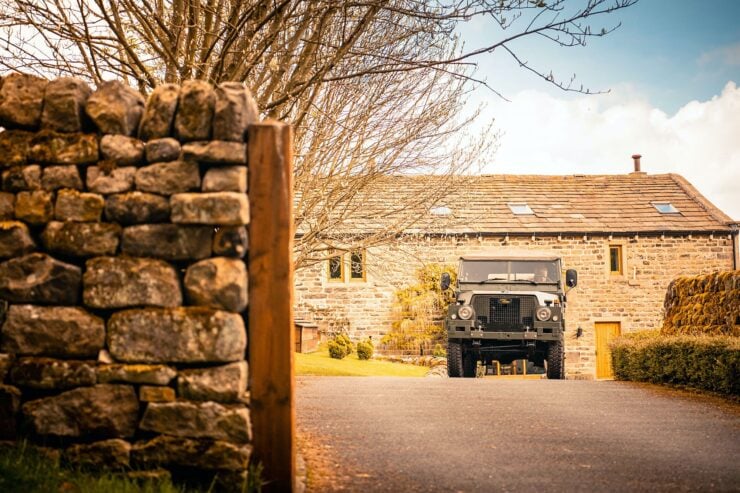
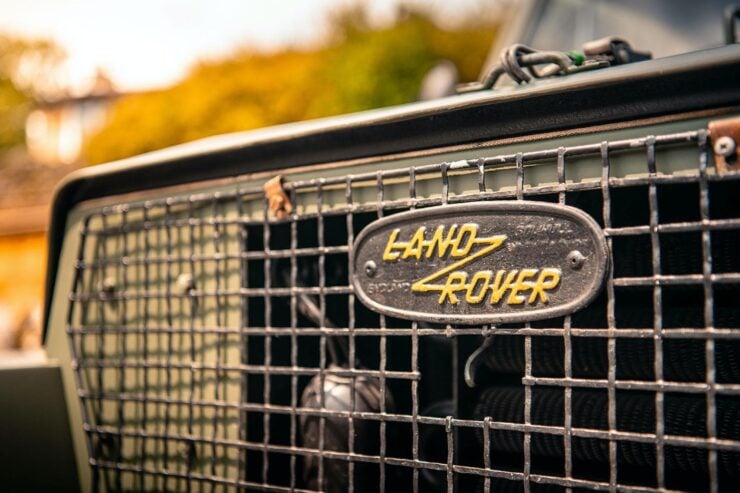
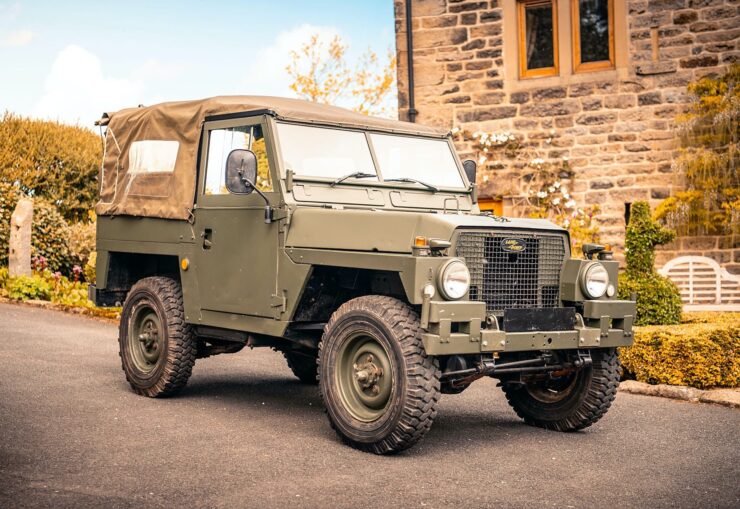
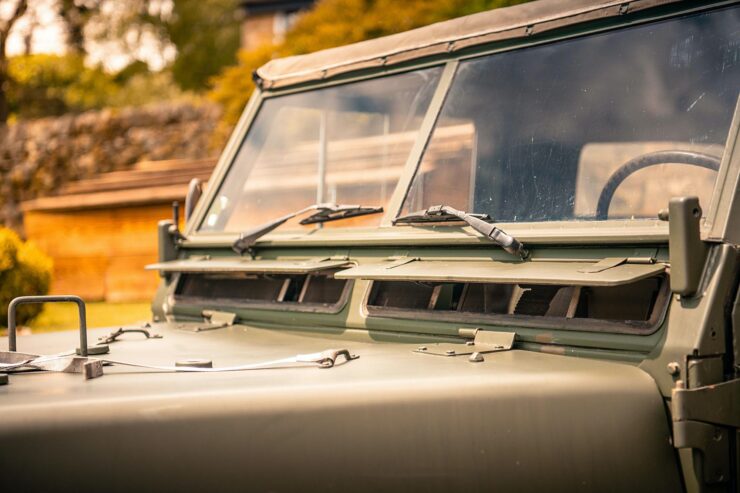
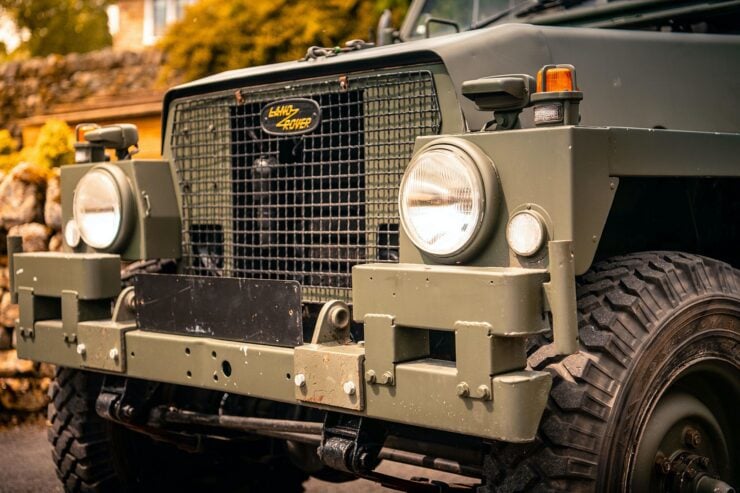
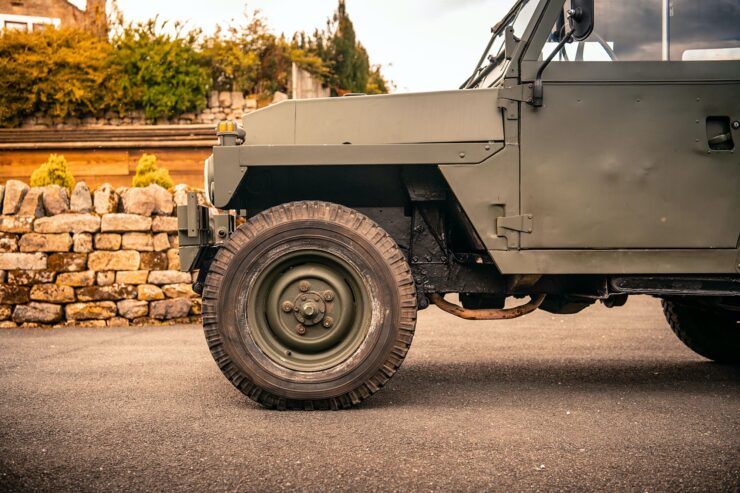
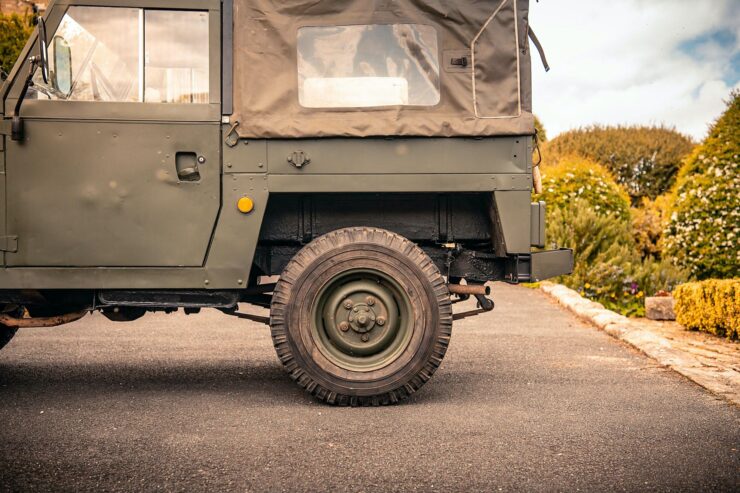
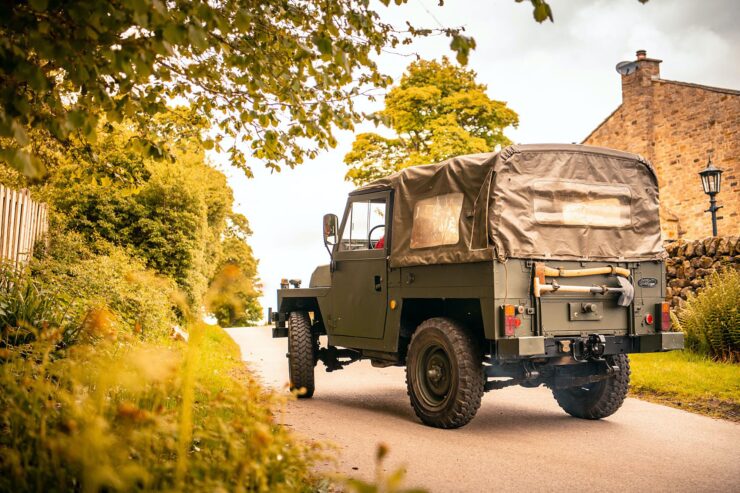
Images courtesy of Collecting Cars

